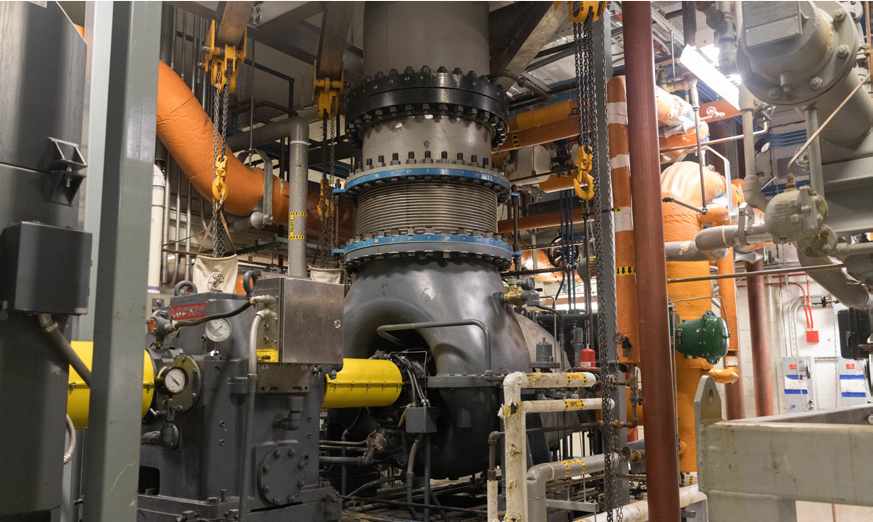With the world’s growing population and widespread economic development, the interrelated challenges of energy, water, and food security have become key global concerns. These concerns are the focus of Associate Professor Ekundayo Shittu’s System Modeling Laboratory for Economic Decisions (SysMoLED). His group takes a complex systems perspective to understand the interrelationships between economic, policy, human, physical, and environmental issues.
With support from the National Science Foundation (NSF), SysMoLED is developing new mathematical modeling frameworks to decipher the complexities of food-energy-water systems. It uses an agent-based representation of the linkages among food, energy and water subsystems and between human and physical systems across multiple temporal and spatial scales. The goal is to enable coordination among stakeholders and policy coherence, so that security can be improved in the water, energy, and food sectors simultaneously.
In a related project funded through NSF’s Faculty Early Career Development Program (CAREER), SysMoLED is focusing on electricity infrastructure and investments. They are investigating new ways to incentivize investments into electricity infrastructure systems, through questions such as how much to invest in a particular electricity technology portfolio in order to enhance system resilience to disruptions. In addition, they are developing innovative ways to enhance the participation of public-private enterprises in community resilience efforts, inspired by the self-healing properties in biological systems. The outcomes will include decision support platforms for policymaking that can translate these ideas to practice.
Last but not least, SysMoLED is examining the factors that influence community solar adoption, including in low- and middle-income households. They will investigate variety of related issues, including financing and economies of scale, community education, project coordination, links to related efforts like grid modernization and resiliency, and a variety of standards and policies. The goal is to understand how the market potential for community solar might be further unlocked beyond the group of early adopter utilities and developers.
These interrelated projects are critical to energy, water, and food systems’ resilience as climate change threatens a growing number and variety of disruptions. All three projects are firmly grounded in real problems and aim to impact energy infrastructure decision-making and policy.


